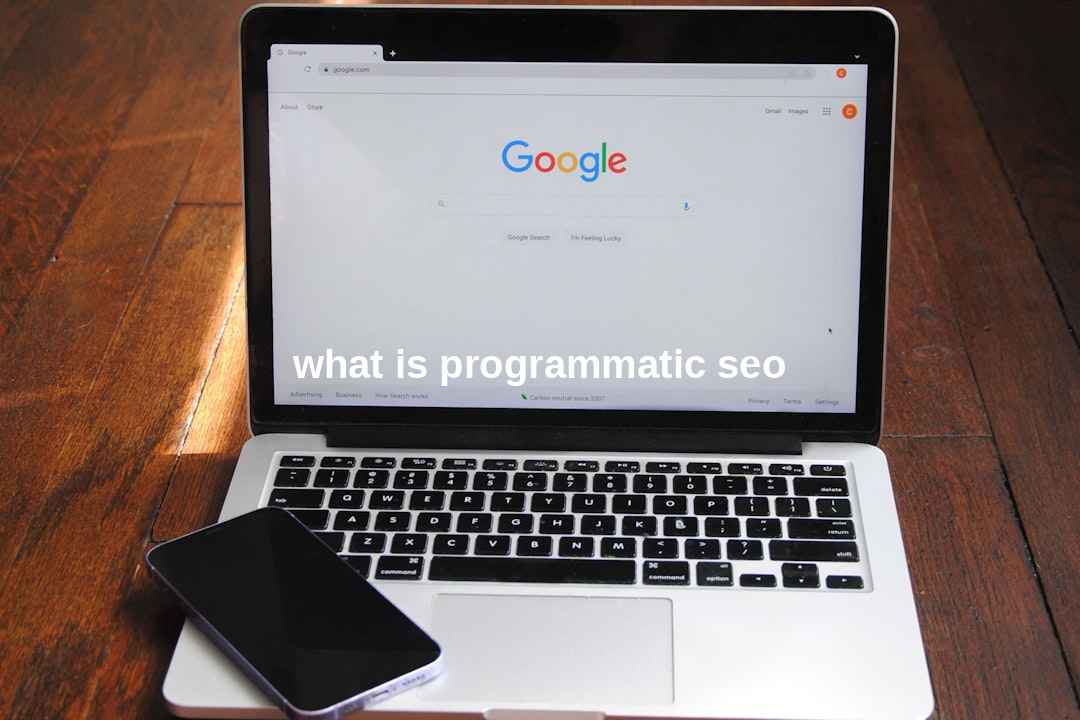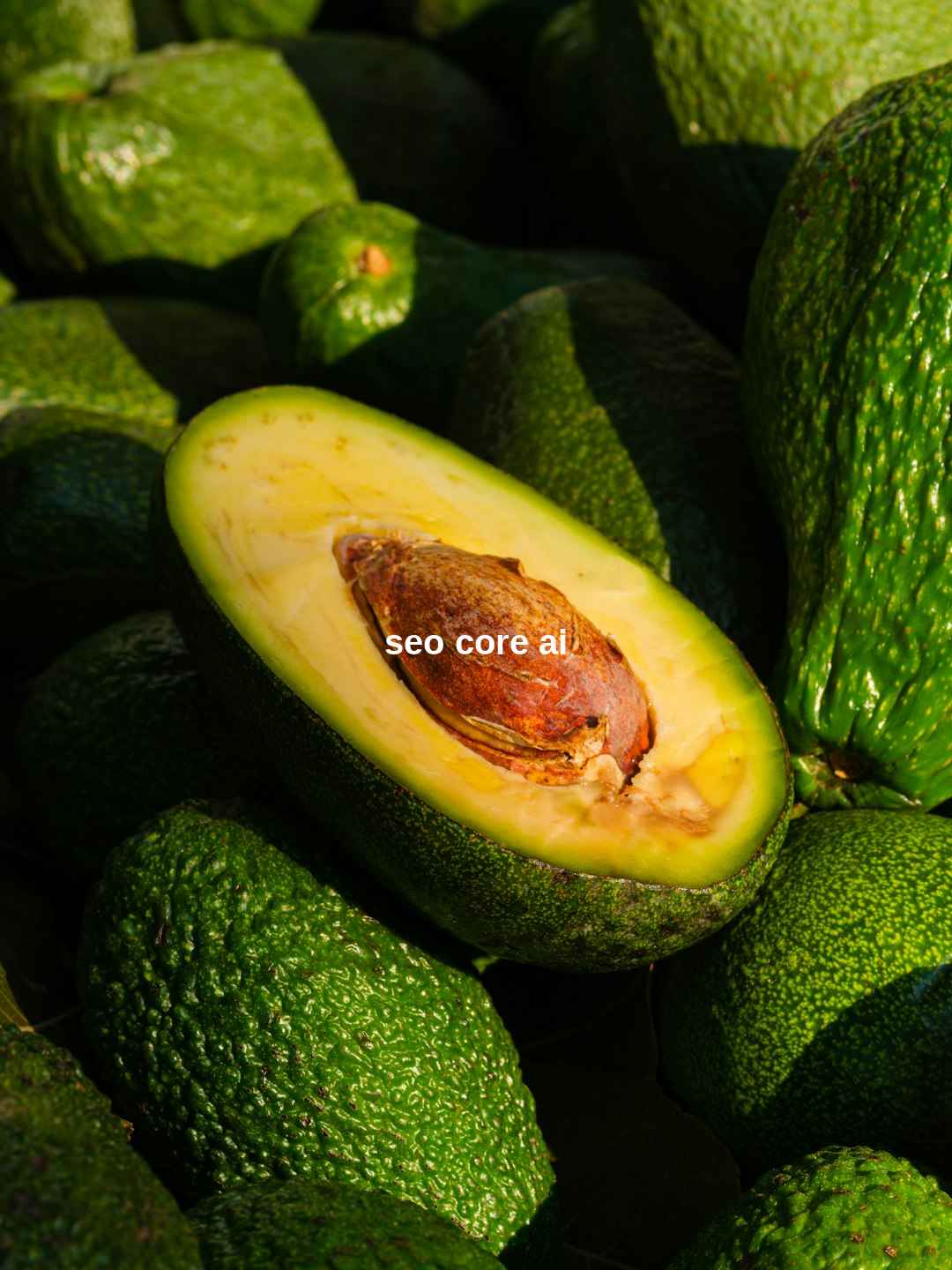Introduction:
In the ever-evolving landscape of digital marketing, there’s been a significant shift towards automation and scalability, which has given rise to a new term: what is programmatic SEO? At its core, programmatic SEO is about leveraging software to automate the creation and optimization of huge numbers of web pages to target long-tail keywords on a large scale. It effectively combines the science of understanding search engine algorithms with the efficiency of automation. In this article, we’ll unravel the concept of programmatic SEO, explore its nuances, and discuss how it’s transforming the way businesses approach their online presence.
| Aspect | Description |
|---|---|
| Definition | Programmatic SEO refers to the automated creation of web pages to target a multitude of related search queries. |
| Purpose | To efficiently scale up SEO efforts and capture a broader range of search traffic. |
| Method | Using software and algorithms to dynamically generate SEO-friendly content, structure, and metadata. |
| Benefits | Increases organic reach, saves time, and provides data-driven optimization opportunities. |
Understanding Programmatic SEO: The Basics
Before we dive into the more complex aspects of programmatic SEO, it’s essential to have a firm grasp on its fundamental principles and how it deviates from traditional SEO strategies.
The Foundation of Programmatic SEO
Programmatic SEO starts with an extensive keyword research process that identifies a large number of related search queries. Unlike traditional SEO, which might target a narrow set of highly competitive keywords, programmatic SEO aims to capitalize on a broader spectrum of less competitive, long-tail keywords. This approach acknowledges the vast array of unique queries that users type into search engines every day and creates highly specific content to match those searches.
By automating the content creation process, webmasters can generate hundreds or even thousands of pages that cater to specific niches or user intents. These pages are often template-based, yet each one is unique enough to stand alone in the eyes of search engines. This strategy is particularly effective for e-commerce websites with extensive product inventories, travel booking sites with numerous destinations, or content platforms targeting a wide range of topics.
Moreover, programmatic SEO doesn’t just churn out pages indiscriminately. It employs smart content management systems and SEO tools to ensure that all generated pages are optimized for search engines—taking into account factors like page titles, meta descriptions, heading tags, high-quality content, and user engagement signals.
In summary, the foundational concept of programmatic SEO lies in its ability to mass-produce optimized web content that’s tailored to an expansive collection of user searches, ultimately aiming to cast a wider net and catch as much relevant traffic as possible.
The Mechanics of Automated Content Generation

“Automated content generation in programmatic SEO leverages sophisticated software to create unique, relevant, and SEO-optimized content across numerous pages, targeting a wide array of long-tail keywords.”
Defining Automated Content Creation
The process of automated content generation is the linchpin of programmatic SEO. It involves using software to systematically produce content that both users and search engines will find valuable. The software is often fed with data inputs like product information, service offerings, or various topics, around which it constructs content that is unique enough to be considered valuable by search engines and users alike.
How Automation Enhances Content Production
The use of templates and algorithms allows for the efficient scaling up of content production while maintaining consistency in quality and structure. This automation does not seek to replace human creativity but rather supports it by handling the repetitive aspects of content creation, allowing human oversight to focus on strategic and creative input where it is most needed.
Benefits and Risks of Programmatic SEO for Online Visibility
“Programmatic SEO offers the ability to rapidly scale SEO efforts and capture diverse search traffic but comes with the inherent risks of content redundancy and potential penalties if not managed correctly.”
Scaling SEO Efficiently
One of the primary benefits of programmatic SEO is the ability to produce content at scale, which can significantly increase a website’s visibility across search engines. It enables businesses to cover more ground by targeting niche keywords en masse, which would be impractical to do manually.
Navigating the Potential Pitfalls
However, risks are involved. If not managed carefully, the creation of vast amounts of content can lead to redundancy, diluting the overall quality. Search engines, aiming to provide the best user experience, might deem this content as ‘thin’ or duplicate, which can result in penalties. Ensuring a balance between quantity and quality is crucial in maximizing the benefits of programmatic SEO while mitigating potential risks.
Real-World Applications and Case Studies
“Case studies of programmatic SEO demonstrate its ability to revolutionize digital marketing efforts by driving significant organic traffic growth for various online platforms.”
Case Studies Showcasing Success
In practice, many businesses have turned to programmatic SEO to expand their digital footprint. Online retailers have used it to automatically generate thousands of product descriptions, travel agencies have created detailed pages for a plethora of destinations, and service providers have targeted a broad range of service-related queries.
Measuring the Impact of Programmatic SEO
Analysis of these case studies often reveals a sharp increase in organic traffic and improved search rankings. It’s important to quantify the impact in terms of key performance indicators such as traffic growth, conversion rates, and return on investment to truly appreciate the value programmatic SEO can add to an organization’s digital marketing strategy.
Programmatic SEO: Implementing a Successful Strategy
In conclusion, the concept of programmatic SEO has emerged as a pivotal element in the toolkit of advanced digital marketing. When done right, it can significantly boost the online presence of a website and help businesses connect with their target audience more efficiently than ever before. Programmatic SEO is the strategic automation of content creation and optimization geared toward capturing a high volume of search queries through a wide scope of targeted long-tail keywords.
- Programmatic SEO is about the smart automation of scalable content creation, which targets a vast array of long-tail keywords.
- The methodology involves automatically generating optimized content with the aid of templates and algorithms, while consideration for uniqueness and relevance is maintained.
- It can significantly enhance a website’s online visibility, driving more traffic through organic search by leveraging less competitive keywords.
- There is a balance to be struck to avoid potential pitfalls such as content duplication or search engine penalties which can result from poorly managed programmatic SEO.
- Real-world success stories underscore the efficacy of programmatic SEO when implemented with attention to detail and a focus on maintaining content quality alongside quantity.
- For businesses looking to expand their digital marketing reach and capture a broader audience, programmatic SEO presents a compelling solution.
Frequently Asked Questions about Programmatic SEO
What is the difference between programmatic SEO and traditional SEO?
The primary difference between programmatic SEO and traditional SEO is the scale and automation of content creation. Traditional SEO often involves optimizing individual pages manually, focusing on a select set of highly competitive keywords and requiring significant human interaction for content strategy and optimization. Programmatic SEO, on the other hand, is a more data-driven approach that utilizes advanced automation to generate and optimize a large number of pages. This approach targets a wide range of long-tail keywords with less competition, aiming to capture traffic for specific, numerous queries.
Can you provide practical examples of programmatic SEO?
Programmatic SEO can be illustrated with practical examples such as travel websites targeting accommodation options across various locations. For instance, a keyword such as “places to stay in Nevada” might be less competitive, which sites like Expedia, TripAdvisor, and Airbnb might target. They automate the creation of pages for every city, town, or even neighborhood in Nevada, each with unique content tailored to those specific places. This method increases the likelihood of ranking higher on search engines by capturing a wide spectrum of search queries related to accommodations in Nevada.
How can one learn programmatic SEO?
Learning programmatic SEO can be a multi-step process:
1. Conduct comprehensive keyword research to identify a range of long-tail keywords to target.
2. Optimize your website’s meta tags, including titles and descriptions, to include your target keywords.
3. Generate unique and valuable content that provides real information to users for each targeted keyword.
4. Refine your website’s URL structure to be clean and keyword-rich.
5. Implement schema markup to help search engines understand the context of the content.
You can find various online resources, tutorials, and courses to guide you through these steps and help you master programmatic SEO strategies.
How do I find keywords for programmatic SEO?
Finding keywords for programmatic SEO involves several strategies:
1. Brainstorm potential topics and head terms relevant to your content.
2. Utilize keyword research tools like Ahrefs or SEMrush to expand your keyword list and gather data on search volume and competition levels.
3. Analyze competitors’ websites and note common modifiers and long-tail keywords they target.
4. Identify patterns and user intents that can inform your own keyword modifiers.
By aggregating this information, you can create a broad, scalable list of keywords that can be targeted through programmatic SEO techniques.


